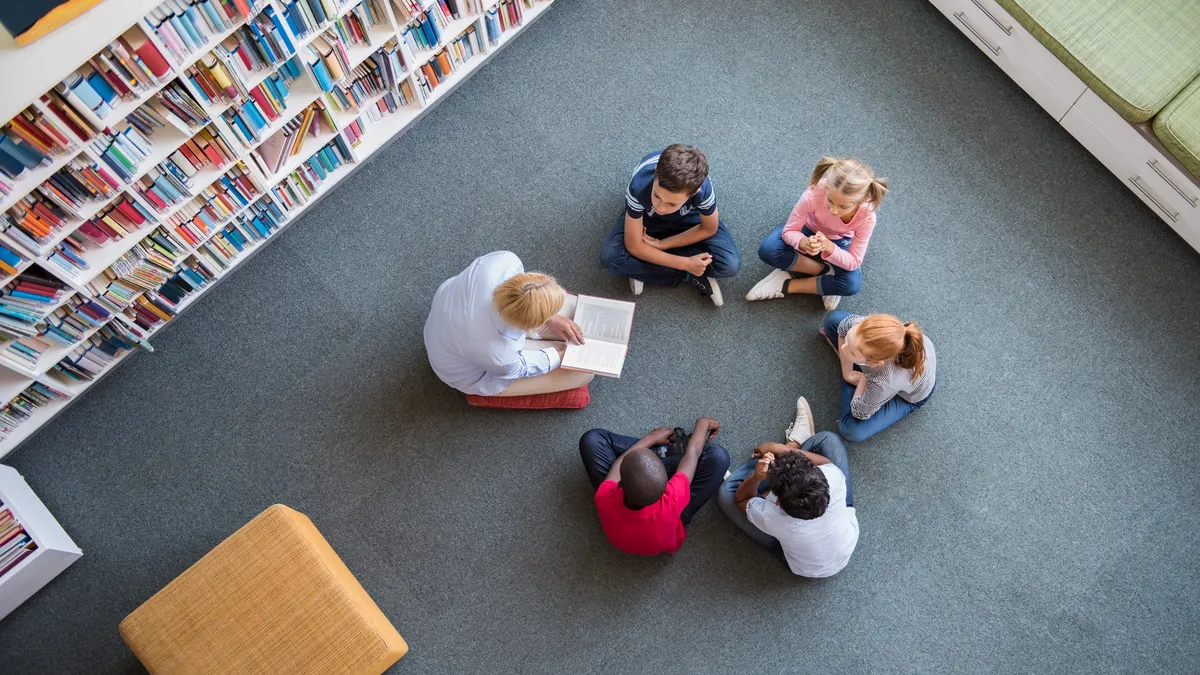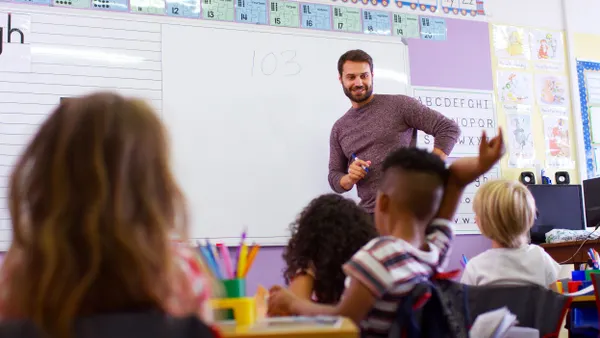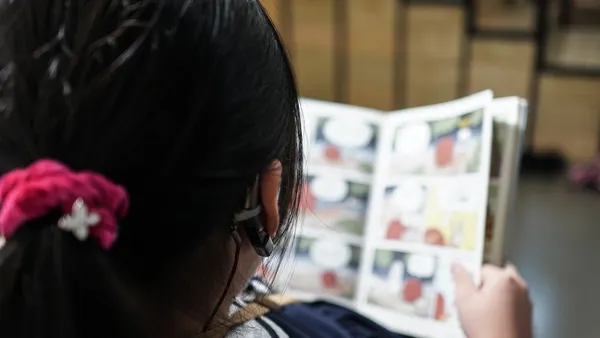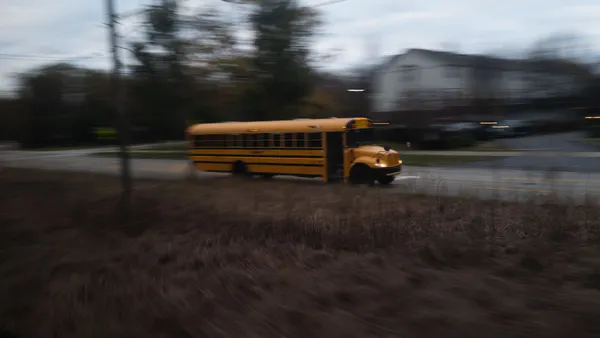The "science of reading" and its foundational tenets, including decoding words and developing word recognition, are fitting for all students, including English learners, according to Molly Ness, an author and former classroom teacher who sits on the International Literacy Association's board of directors.
“The science of reading is promising and applicable for English learners because it shows all of the processes of students who are reading happens to students no matter what native language they’re reading in,” Ness said.
Likewise, in a recently issued a joint statement, The Reading League and the National Committee for Effective Literacy said educators should focus on the benefits of phonics and the science of reading for English learners.
While educators may feel there is a lot of focus recently on the science of reading and its body of research, Ness said this approach has been “decades in the making.”
Ness noted that in addition to decoding and developing word recognition, students must foster language comprehension skills to understand what they’re reading. These skills are of particular need to ELs.
“The English language has a lot of idioms and meanings that don’t necessarily translate to other languages,” said Ness, who is also the vice president of academic content for Learning Ally, a nonprofit organization that provides literacy materials for schools. For example, colloquialisms like, "water under the bridge" could require more reading comprehension practice for ELs, Ness said.
Ness said the research around the science of reading can be adopted and used by any teacher to help students strengthen their reading skills. But, she said, what’s critical is not just understanding the research — such as what parts of the brain are activated when students learn to read — but also knowing how to turn that research into tangible practices.
“When you think about English learners, you need to be thinking about where they need extra doses of components of reading development,” Ness said. “But every teacher, whether they’re a learning specialist or a 10th grade biology teacher, can help. It’s not just the pursuit of highly trained reading or learning specialists.”







 Dive Awards
Dive Awards






